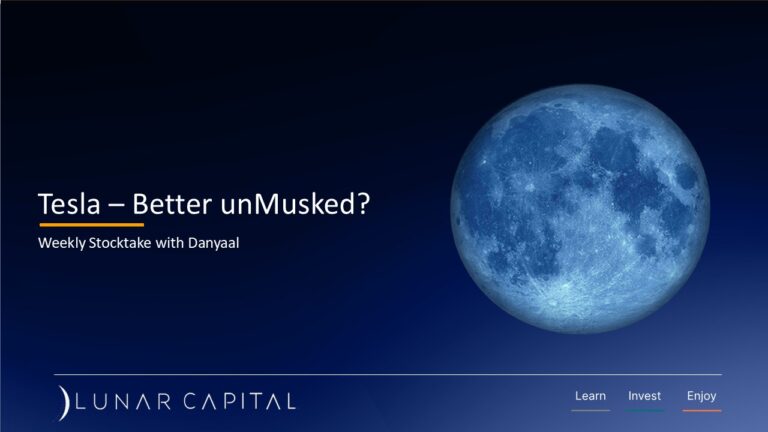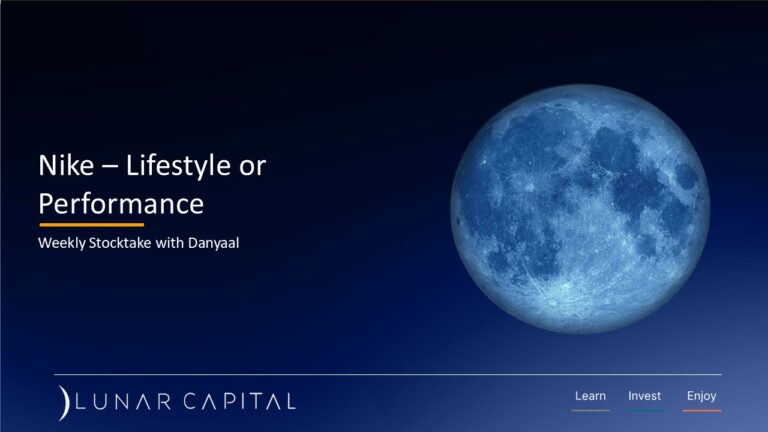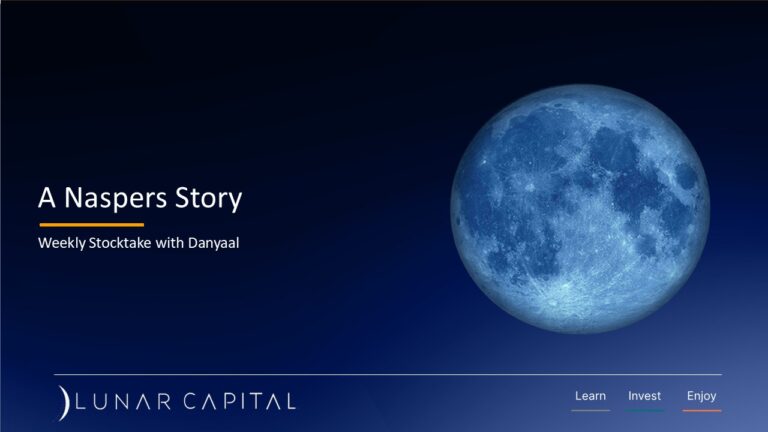The best investors in the world have a great ability to look and think beyond the obvious. This characteristic is referred to as second-level thinking. In second-level thinking, one has to go beyond the obvious cause-and-effect type thinking. It requires one to ask deeper questions, like “So, What?” and “Could there be more complex dynamics or other hidden but more important factors at play?”
Fallacies
Let us look at some recent examples to see how second-level thinking could have helped us in predicting an outcome that was different to the then prevailing analysis:
US Markets
Prior to the US elections last year, many commentators were predicting a major crash in the US stock markets if Donald Trump was elected as US President. These commentators were unable to comprehend beyond the realm that Trump was an egomaniac, prone to irrational outbursts and behaviour, etc. Their argument thus was that if someone of Trump’s character is elected President of the US, then that will be a catalyst for a major market correction. In hindsight however, we know that in fact the market has powered ahead since Trump’s election. Needless to say, he has taken all the credit for the market rally, but that is a different story.
If we applied second-level thinking, we would have also considered that:
- His policies would be pro-business, e.g. by reducing taxes (or at least promising to), incentivising American corporates to re-invest their foreign cash hordes in the US; decreasing red-tape, etc.;
- The Fed stimulus would still be in play, providing the market with little choice but to keep investing on the stock markets given the poor yields in other asset classes, especially in cash;
- Trump’s America First policies and bullying tactics would coerce businesses to invest in the USA, even if they did not like to.
There probably are a number of other factors also at play in driving the US markets higher. The point however, is that too often we as investors do not sufficiently see and understand all the issues at play in investment outcomes. All too often we think too simplistically about these issues and we look for just that one factor that would cause an outcome to occur, not considering that there are many other dynamic factors at play.
SA Macroeconomic environment
Another issue is related to the current South African macroeconomic environment. We have just recently come out of a technical recession. Our macroeconomic picture paints a picture of significant financial distress amongst the poor- and middle-classes. This would imply that banks and retailers should be experiencing incredibly hard trading conditions. In general, this is the case. However, if one looks at the recent results from Capitec, Standard Bank, FirstRand, Shoprite, and Choppies, for example, different pictures emerge for each of these companies.
Shoprite (SHP) is doing pretty well, continuing to gain market share in all market segments. Given Shoprites’s strong competitive positioning, they are able to “invest” by keeping prices low and winning customers over. If you look at the results of Shoprite wannabe Choppies, you can see that they are struggling. So, retailers are experiencing headwinds, but the stronger and more competitive players use their power during difficult market conditions to put further stress on weaker competitors. This often results in the stronger players gaining market share and pricing power and the weaker players losing market share or even going out of business altogether.
Capitec (CPI) has also had spectacular market share gains against the big banks. In this case, the nimble and cost-effective player is taking on the big guys, offering customers a cost-effective and functional service. Cost-conscious clients are thus migrating to Capitec from the other banks. So, not all banks are in fact experiencing difficult trading conditions in current macroeconomic environment in South Africa. Capitec has recently surpassed Nedbank’s market capitalisation, reflecting the very differing outcomes for different players in the same industry and same market.
Unsecured Lending
Another great example of where second-level thinking would have yielded spectacular results was during the African Bank crisis in 2014. During this time, the Capitec share price was also severely knocked down by the market. The market (investors) had incorrectly painted Capitec with the same brush that they had painted African Bank with. In reality, African Bank had a different business model and with African Bank out of the way, Capitec was able to better price their lending products and be more selective in who they lend to. Four years later, the Capitec share price has gained more than 300%, whereas African Bank shareholders lost almost all of their investment in African Bank.
In weak markets, it’s the weaker players that suffer the most, with many in fact withdrawing altogether. The stronger and better competitively placed players increase their market share and ultimately allow them to improve their pricing power. So, simplistically reading that poor market conditions are bad for certain industries as a whole is in fact quite false. One needs to apply second-level thinking which can yield spectacular outperformance.
Howard Marks
Howard Marks, in his book “The Most Important Thing Is …” devotes the first chapter to Second-Level Thinking. He says that very few people have what it takes to be great investors and even the best investors don’t get it right all of the time.
“The reasons are simple. No rule always works. The environment isn’t controllable, and circumstances don’t repeat exactly. Psychology plays a major role in markets, and because it’s highly variable, cause-and-effect relationships aren’t reliable. …” Howard Marks writes.
Market Behaviour
Howard Marks stresses the importance of second-level thinking to outperform the market and highlights a number of examples of second-level thinking and some of the questions one needs to ask to surpass first-level, simplistic cause-and-effect thinking.
One of the points that he stresses is to assess the consensus market psychology, i.e. what is the market’s (general investor’s) view? Is it too bullish or too bearish? What will happen to the asset’s price if the consensus is right or wrong? We saw in the Capitec/African Bank example above that market consensus was way off for Capitec. And this provided a great opportunity to invest in a quality asset at an incredibly low price.
Going against the market consensus is not easy, as the market can over-value or under-value assets for long periods in time. This puts enormous pressure on the investor and investment manager to accept or continuously explain under performance during this period of over- or under-valuation.
Arguably today with the proliferation of social media and the ease with which information flows, market behaviour may be a larger contributor to investment decisions than it ever was. So, the investor needs more so to be able to apply second-level thinking to outperform.
Helpful techniques
Here are some simple questions that you could ask to help develop your second-level thinking:
- So, what if an event takes place?
- What is the consensus view and how do you differ from it?
- What could the range of outcomes be? What is most likely and why? What if a low probability outcome actually occurs?
- If most people are thinking similarly, then they are investing similarly. Why should you do the same because the market would reflect the consensus thinking?
The questions may be simple, but getting the right answers may not be so easy. The journey of learning is ongoing and dynamic. Circumstances change, psychology plays an important role, and there are many variables that affect the outcome of markets. This forces us all to think a little harder.
Let us consciously improve how we think when we invest.





